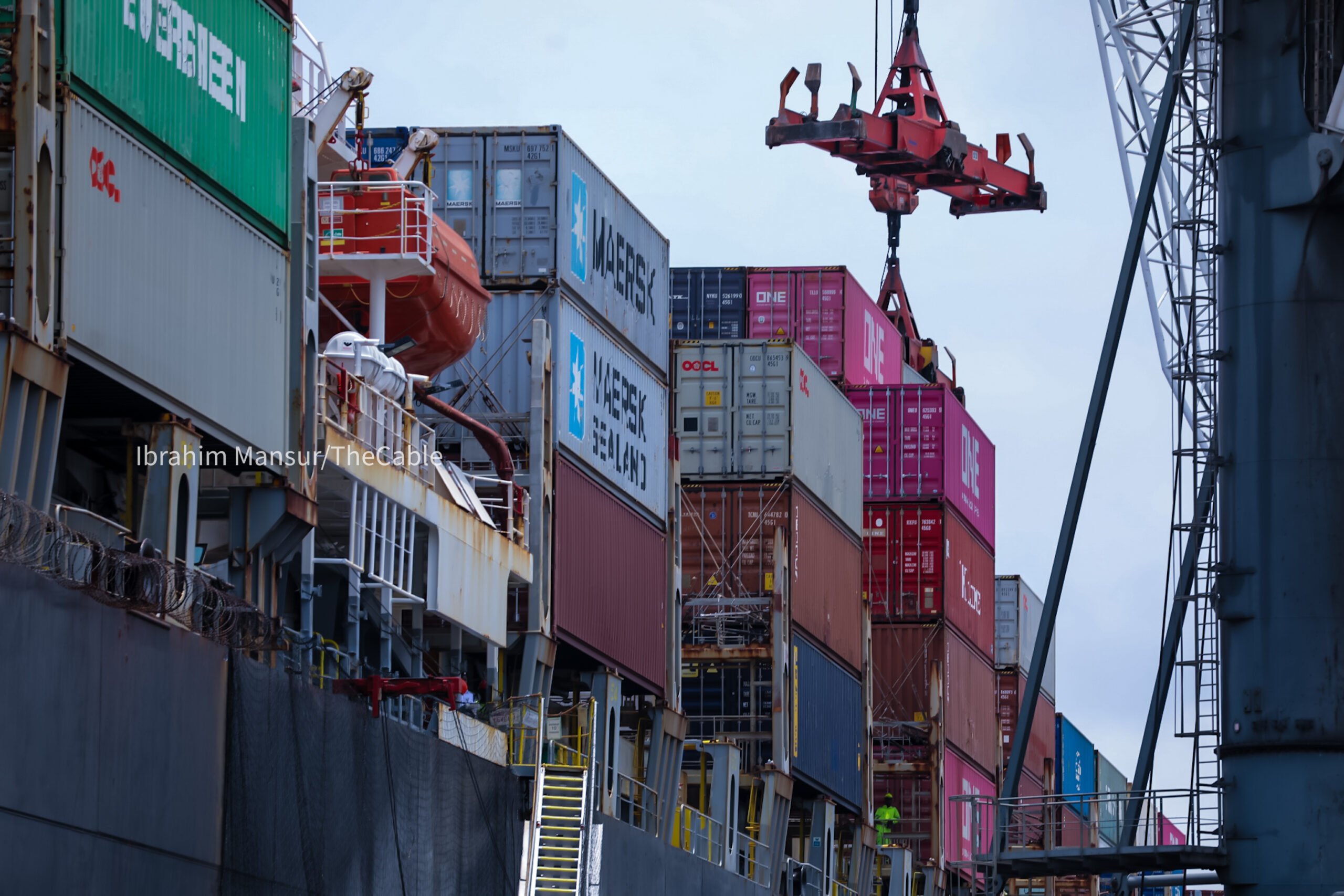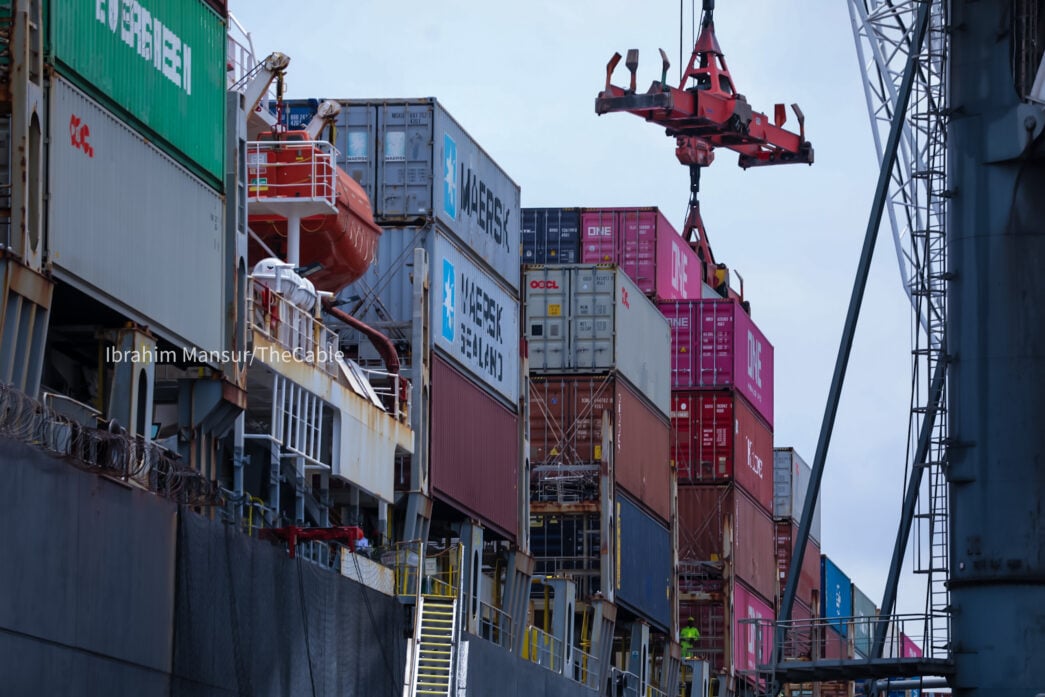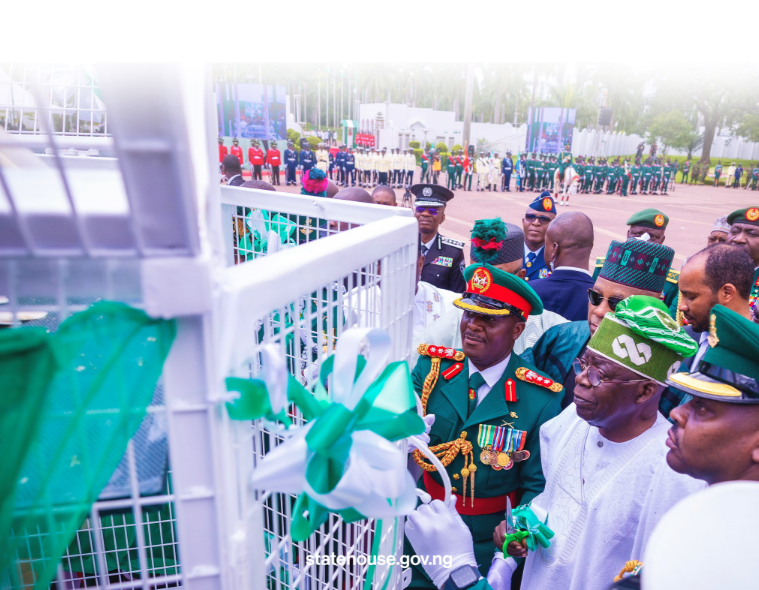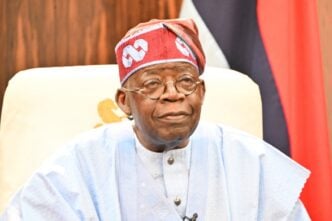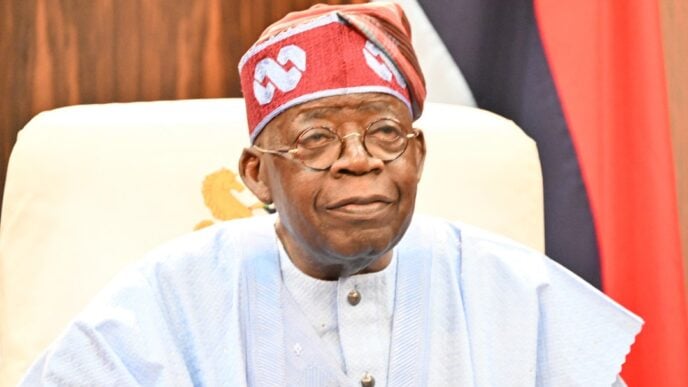BY LEKAN OLAYIWOLA
Nigeria’s revenue surging more than four times the figure recorded just two years ago is evidence that difficult reforms are beginning to pay off. Yet the meaning of these numbers will ultimately be measured beyond Abuja.
For the farmer in Sokoto, the trader in Aba, the teacher in Makurdi, and the okada rider in Lagos, what matters is whether the trillions collected can ease daily struggles and expand dignity. The deeper question reforms must answer is how to turn fiscal wins into felt relief across Nigeria’s six zones.
It’s necessary for Nigeria to collect more, but equally important that Nigerians can breathe easier. Numbers must bend to justice, or they risk becoming over-used technocratic statistics.
Advertisement
THE SURGE THAT MADE HEADLINES
Federal receipts hit ₦3.65 trillion in September 2025, compared to just ₦714 billion in May 2023 — a 411% increase. The Federal Inland Revenue Service (FIRS) credited digital tools, automated compliance, and expanded non-oil tax nets. Customs modernisation and oil sector stabilisation have also played their part.
For years, Nigeria’s Achilles’ heel was dependence on volatile oil earnings. Now, non-oil revenues account for over 55% of inflows, widening fiscal space. In macroeconomic terms, it is a success story. Nigeria is beginning to look less like a state perpetually hostage to global oil markets and more like one building its tax sovereignty.
Advertisement
However, NBS reported 133 million Nigerians were already multidimensionally poor as of 2022, with regional poverty incidence ranging from 65% in the north-east to 27% in the south-west. Until reforms reach these lives, revenue wins remain distant victories.
BOUND BY APPROPRIATION AND DEBT
But surging revenue does not instantly materialise as social relief because public finance is not a household wallet. Nigeria’s 2025 ₦34.8 trillion budget predetermines much of what is collected. Appropriation law dictates where every naira goes, and over 60% of federal revenue is locked into obligations before a single classroom is built or a hospital stocked.
Debt servicing alone consumes roughly ₦7–8 trillion annually (22–25% of revenue), according to the Debt Management Office. Salaries, pensions, and statutory transfers such as allocations to UBEC and the Niger Delta Development Commission absorb much more. Oil prices have also slipped below benchmark projections, forcing additional borrowing to cover deficits.
Advertisement
Thus, the September bulge is less a windfall than a plug for existing gaps. Citizens often hear “₦3.65 trillion collected” and expect immediate expansion of welfare. The reality is harsher: much of that sum is already spoken for before it touches the Federation Account Allocation Committee (FAAC).
THE SLOW MERCY OF INFLATION
Even where reforms are easing pressure, citizens barely feel it. Inflation, which peaked at 24.23% in March 2025 (NBS CPI report), has eased slightly. By August, the rate was 20.12%, with the Central Bank of Nigeria cutting the Monetary Policy Rate from 27.50% to 27%.
While technocrats signal that painful reforms — subsidy removal, currency unification, revenue expansion — are beginning to stabilise the economy, families know beans still cost ₦1,200 per mudu and kerosene ₦1,500 per litre. Real wages are largely stagnant, with informal sector workers worst hit.
Advertisement
Thus, the celebrated “inflation drop” risks sounding like gas lighting. Citizens do not want numbers that tell them things are better when their lean market basket says otherwise. They want credible, visible pathways that connect reform to relief.
SIX ZONES, SIX REALITIES
Advertisement
What is missing in the conversation is a disaggregated map of pain and possibility. Nigerians do not experience revenue reform in the abstract. Across the six geopolitical zones, the story diverges — sharply.
In north-east with poverty incidence above 65%, conflict and displacement mean that even when transfers are announced, identity verification and banking access lag. Humanitarian relief overlaps with fiscal reform, but dignity remains fragile.
Advertisement
North-west with 64.8% poverty incidence feels inflation most acutely. Banditry disrupts agriculture, pushing families to buy what they once grew. Revenue reforms mean little when granaries are empty.
In north-central, straddling food production and conflict zones, insecurity drives up prices and displaces livelihoods. Despite improved FAAC allocations, resilience is swallowed by violence and climate shocks.
Advertisement
South-south is a paradox of plenty. Oil-producing states received the highest FAAC allocations — Akwa Ibom ₦240bn, Delta ₦222bn, Rivers ₦193bn between Jan–July 2025 (BudgIT) — yet communities complain of poor infrastructure. Citizens ask: if trillions flow from our soil, why does poverty still linger in our homes?
South-east with its commerce heavily import-dependent, the naira unification has squeezed traders. Credit is scarce, margins are shrinking, and even relatively lower poverty levels (42%) mask deep informal hardship.
In south-west, Lagos boasts the lowest poverty rate (16%) and higher internally generated revenue. Yet inequality persists. The slum dweller in Ajegunle or farmer in Okitipupa sees little of the celebrated fiscal credibility.
By never publishing disaggregated returns, government leaves these realities invisible. Reform remains an Abuja number, not a Nigerian story.
NARRATIVE VS. REALITY
Why do Nigerians expect instant benefits from reforms? Because government communications over-celebrate numbers without explaining time horizons. “₦3.65 trillion collected” is trumpeted, but “₦2 trillion already committed to debt service and salaries” is not. Citizens hear the gain but not the constraint.
This gap breeds cynicism. People believe reforms are designed for elites, not for them. Without transparency, trust erodes. The tragedy is that cynicism can sabotage reform itself; even when relief eventually arrives, it will be greeted with suspicion.
THE ETHICS OF REVENUE ALLOCATION
What does it mean for a state to celebrate numbers while citizens skip meals? What does “fiscal credibility” mean if trust, the most basic currency, is in deficit?
An ethical fiscal reform is not only about credibility abroad but also about justice at home. It is not enough to collect more; the state must be seen to distribute fairly, to communicate clearly, and to protect dignity consistently.
That means publishing zone-level disbursement and impact data, indexing transfers to inflation, and ensuring timeliness. It means admitting openly that revenues are tied up in obligations but showing a roadmap for how relief will arrive in 6, 12, 18 months. It means moving from opaque technocracy to relational repair.
FROM COUNTING TO REPAIR
If reform is to hold, Nigeria must move from counting naira to measuring repair. Success will not be judged by revenue-to-GDP ratios alone but by whether families stop skipping meals, whether dignity is restored at cash-transfer sites, whether rural households can access services without humiliation.
Current fiscal reform is necessary, overdue, and in some respects courageous. But fiscal credibility must not become another vanity metric, celebrated in Abuja while Nigerians still experience despair.
The September surge shows that Nigeria can collect. But can Nigeria care? The difference between a statistical miracle and a social transformation lies in whether revenue translates into justice. Numbers matter. But only if they bend toward dignity.
Olayiwola is a peace & conflict researcher/policy analyst. He can be reached via [email protected]
Views expressed by contributors are strictly personal and not of TheCable.
